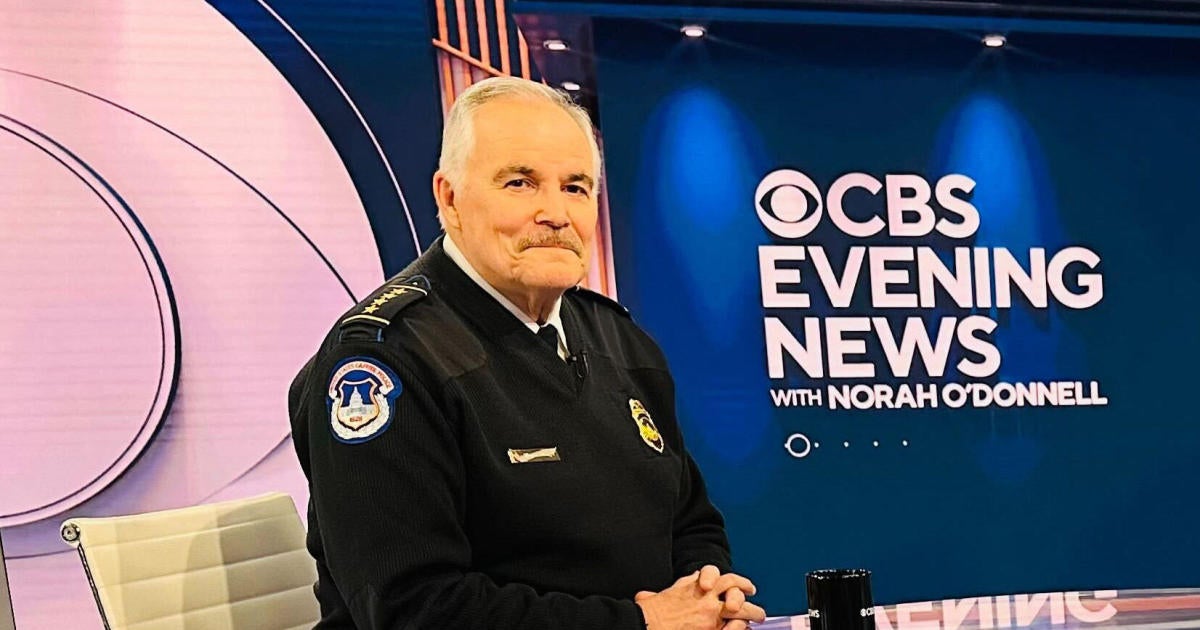"Betrayal of Blue: Police Chief Blasts Jan. 6 Pardons as Political Immunity Trumps Law Enforcement"

In a controversial move that has sparked intense debate, former President Donald Trump has reportedly pardoned approximately 1,500 individuals who were convicted in connection with the January 6th Capitol riot. This significant number of pardons represents a substantial intervention in the legal aftermath of the unprecedented attack on the U.S. Capitol.
The mass pardons come as a surprising development, potentially offering legal relief to many participants who were previously prosecuted for their roles in the events that unfolded on that tumultuous day. These individuals faced various charges ranging from trespassing and disorderly conduct to more serious offenses like assault on law enforcement officers.
Legal experts and political analysts are closely examining the implications of these pardons, which could potentially shield many rioters from further legal consequences. The move has drawn sharp criticism from those who view the Capitol riot as a direct assault on democratic processes, while supporters of the former president see it as an act of justice for individuals they believe were unfairly targeted.
The pardons highlight the ongoing political tensions surrounding the January 6th events and continue to underscore the deep divisions that persist in the aftermath of the 2020 presidential election. As the legal and political landscape continues to evolve, these pardons are likely to remain a contentious topic of national discussion.

